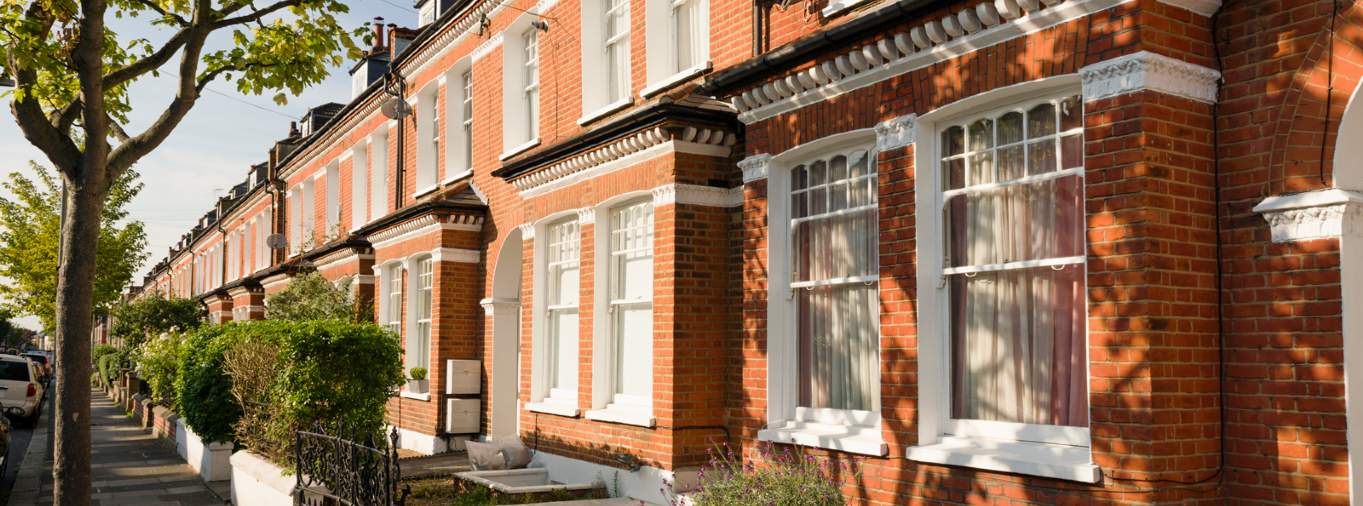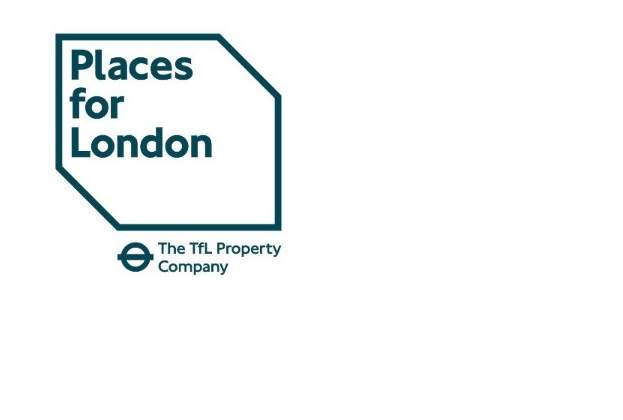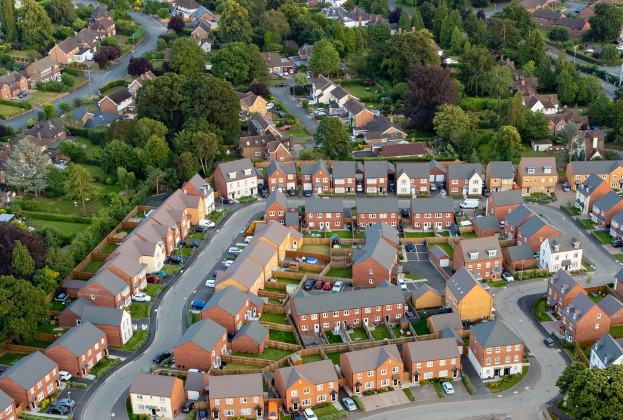Given the economic backdrop, the performance of the UK housing market over the course of 2020 has been little short of remarkable. The experience of the first lockdown unleashed a tide of demand from those re-evaluating their lifestyle and housing needs, despite initially all but stopping the market dead in its tracks.
Just last week the Nationwide reported that annual house price growth hit 5.8 per cent in October, while the Bank of England recorded a 17 per cent month on month increase in mortgage approvals for house purchases. Meanwhile, data from TwentyCi suggests more than 135,000 sales have been agreed in the past four weeks, some 50 per cent higher than in the same period last year.
Lockdown 2.0
What then could a second lockdown in November mean for the market across England? And to what extent can the market continue to defy economic gravity?
Current indications are that, subject to safe working protocols, the market will stay open during November. That should avoid the market being put into another period of suspended animation, even if estate agents, mortgage valuers and conveyancing solicitors face renewed disruption.
That will come as a relief for those people who have become much more committed to moving over the past six months, particularly those midway through a transaction. And if anything, a second lockdown is likely to reaffirm the changed housing priorities among those with the financial security to be able to move.
But – despite the extension of furlough and mortgage holidays which importantly will limit the number of forced sellers – the prospect of a second dip in economic output and associated increase in unemployment is likely to mean more people will be frozen out of the housing market.
This suggests it will be difficult to sustain the current momentum through to the year end, especially at the lower end of the market where buyers have less existing housing wealth behind them and are likely to be more exposed to the risk of unemployment.
We expect that to be reflected in a slowing rate of price growth and fewer new sales being agreed, even if reported transaction levels continue to rise given the backlog in agreed but uncompleted sales.
Prior to the announcement of a second lockdown we were expecting completed sales volumes to rise pretty significantly in coming months, given the lead indicators of mortgage approvals and agreed sales. However the practical implications of lockdown may mean further delays in getting these agreed sales through to completion, pushing many into next year and up against the end of the stamp duty holiday.
2021 and the significance of 31 March
Increasingly it looks like 31 March next year will be the key date for the market. At the point the stamp duty holiday is scheduled to end, unemployment is likely to peak at a higher level than previously forecast.
Much then depends on where we are in relation to finding a vaccine and its potential provide a boost to consumer confidence. This will dictate the pace of economic recovery, people’s security in their household finances and lenders’ appetite to provide competitive mortgage finance to different types of buyer. With reassurances that progress is being made in this area, lead economists are suggesting that the second lockdown is more of an interruption to the economic recovery than a derailing of it.
That, together with the expectation of a prolonged period of low interest rates, supports the medium term outlook for house prices.
But a second lockdown reinforces our view that next year will be a year of three parts.
First, a rush to beat the 31 March stamp duty deadline. Second, a lull in the middle part of the year, with the possibility of modest price falls given the economic hangover of Covid. And third, restored confidence in the latter part of the year as more sustained economic growth gains a foothold.


.jpg)
.jpg)
.jpg)


(1).jpg)
(1).jpg)

.jpg)